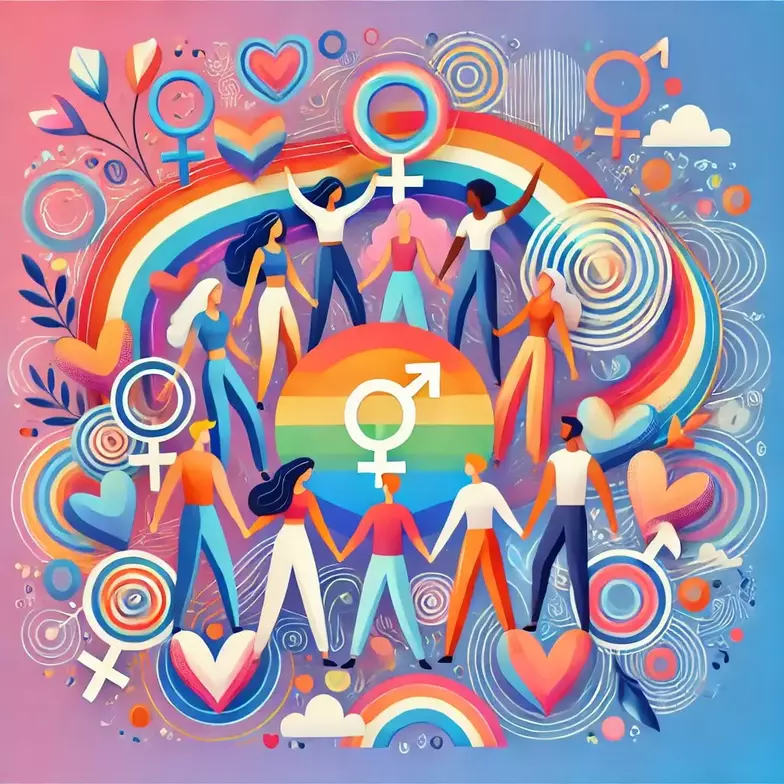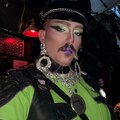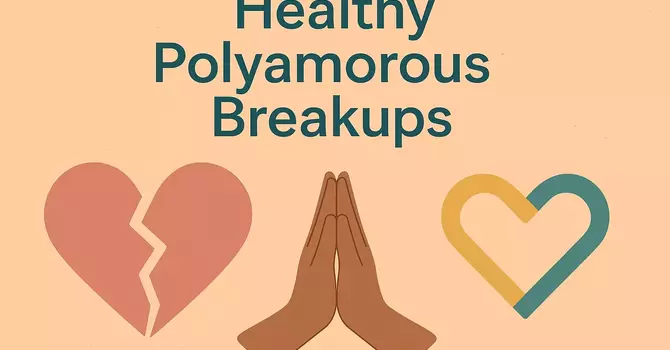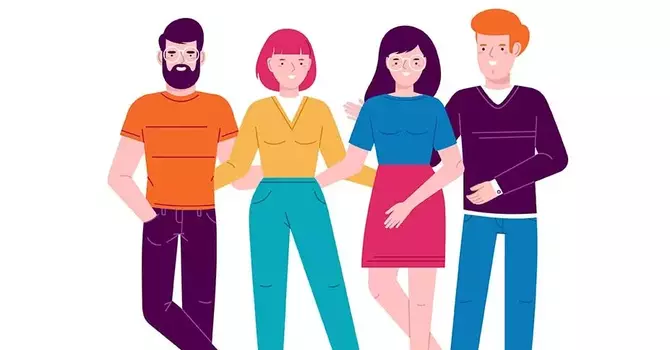
The Intersection of Polyamory and Queerness: Unique Challenges and Joys
Polyamory and Queerness: The Twisty Maze
Loving and relating as a queer neurodivergent can feel like navigating a maze with paths that are fun and tricky. Polyamory—being open to multiple loving relationships—sits at this intersection, blends beautifully with queerness but also has its own special challenges.
Polyamory asks us to look beyond monogamy. For many in the queer community this is a big ask. Living in a world that tries to put us in boxes, polyamory is about embracing fluidity in all its forms—familial, platonic or romantic love. It gives us the space to reconfigure our connections, to love in ways that feel true to us.
But polyamory isn’t without its challenges, especially if you’re neurodivergent. Communication is the foundation of any healthy relationship, but for neurodivergent folks, things like sensory overload or emotional regulation difficulties can make this harder. In polyamorous relationships where conversations about boundaries, needs and emotions are key, these hurdles can feel overwhelming. Misunderstandings happen, but with patience, care and a bit of extra attention they don’t have to derail the relationship.
And then there’s the added layer of societal stigma. Polyamorous queer people are judged by mainstream society and even within queer spaces. The idea of polyamory is misunderstood and this can add pressure to conform to expectations that just don’t fit who we are. For neurodivergent folks who already feel like outsiders, this can be especially isolating. Without the right community it can feel like there’s no one to turn to.
But despite the challenges, polyamory can be deeply life changing. By building multiple support systems we can share our lives with multiple partners, each bringing their own strengths and perspectives. This diversity of connection allows us to be our whole selves, to feel truly seen and loved in all our mess.
Finding community with others who have these experiences can make all the difference. Coming together with other queer and neurodivergent people allows us to talk about the challenges we face but also to celebrate our wins. In these spaces we can learn from each other, share tools for relating and build a sense of tribe and belonging.
In a world that doesn’t get us, polyamory and queerness shows us our struggles and our superpowers. By being open, building our networks and being unafraid to be ourselves we find our love goes beyond the norms. And in doing so we enrich our own lives and the lives of those around us.
At Inclusive Therapy Group, we believe in fostering safe and supportive spaces where all aspects of identity—queer, neurodivergent, polyamorous—are embraced and celebrated. If you’re navigating the intersection of polyamory and queerness and looking for empathetic mental health support, our therapists are here to help. Whether you need guidance in communication, overcoming stigma, or building fulfilling relationships, we’re committed to your journey.
Book a Cosultation with us today: https://inclusivetherapygroup.janeapp.com/#
Reach out to us today and take the first step toward a more authentic, connected life!
https://inclusivetherapygroup.com/blog/the-intersection-of-polyamory-and-queerness





